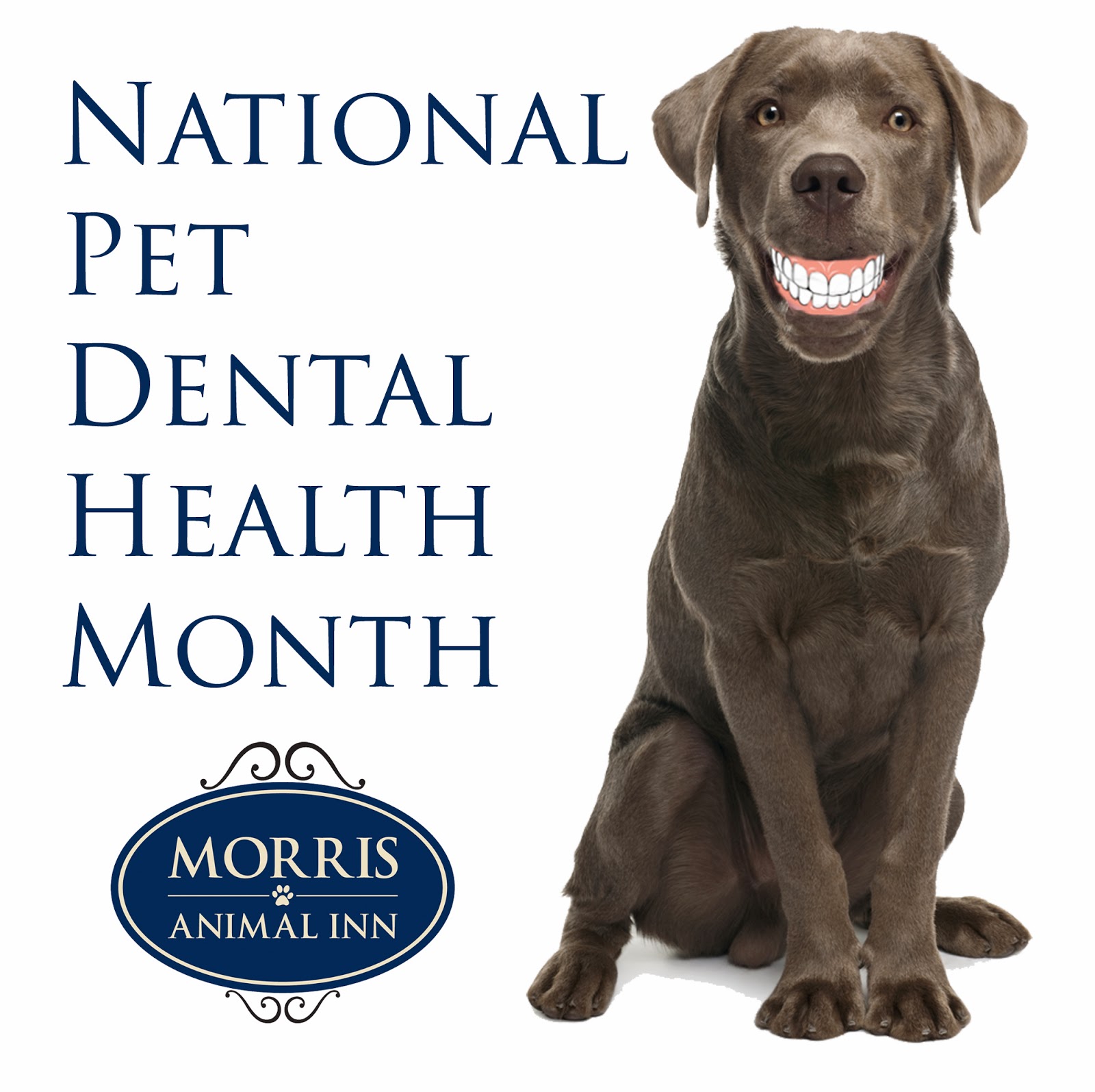For most humans, we have a set routine each day for our
mornings and evenings. We change our clothes, wash our face and brush our
teeth for fresh breath and a healthy smile. But how many of us can say we have
a similar teeth brushing routine for our dog or cat?
“Oral disease is the most frequently diagnosed health
problem for pets,” according to the American Veterinary Medical Association (AVMA),
who says that the disease affects 80 percent of dogs and 70 percent of cats by
age three. This widespread pet health problem means that recognizing February
as National Pet Dental Health Month is more important than ever.
Problems with your pet’s teeth start with plaque buildup,
which then can become covered by tartar. As more plaque builds on top of the
tartar, the teeth themselves become weak and can potentially fall out. Bacteria
that build up underneath this plaque and tartar can also affect your pet’s
kidney, liver and heart heath, along with causing them significant pain while
eating.
So how do you know if your pet’s tooth health is on the
decline? “The easiest way is to take a whiff of the breath,” says Dr.
Jan Bellows, president of the American Veterinary Dental Society. If your
dog or cat has consistently bad breath, this is a primary indicator that something
is going on. Other signs include frequent pawing or rubbing at their face or
mouth, a reluctance to eat hard foods, red swollen gums or brown teeth.
The best and most effective “treatment” for oral disease,
however, is prevention. Regular teeth brushings and dental checks will help
prevent your pet from exhibiting any of these symptoms and keep them healthy and
happy.
In recognition of National Pet Dental Health Month, we are
offering a FREE teeth brushing with any Lodging, Grooming or Daycare appointment
at Morris Animal Inn. Redeem your free coupon offer in our February newsletter,
here.




